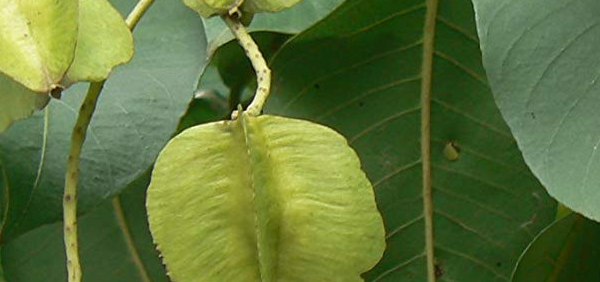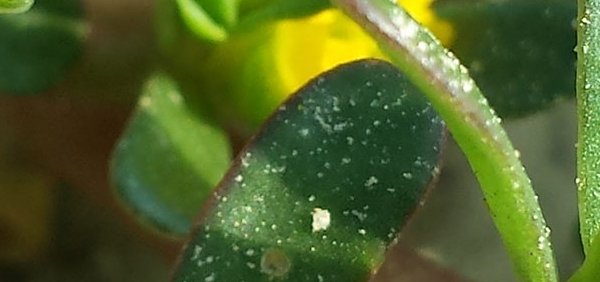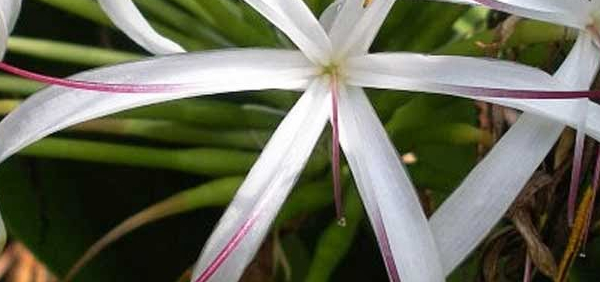kasani :

Substitute:
Chicory is used as a substitute of coffee. Though it does not contain caffeine, it gives similar effects as the original beverageAdultrants:
In Napoleonic Era France, chicory frequently appeared as an adulterant in coffee,Controversy:
-Interestingly, it is partially within the argument for whether or not chicory root helps digestive health where the controversy lies, and other health experts believe that it might actually cause more harm than good to the gut. It’s important to understand that chicory root is a processed, isolated fiber unlike whole food sources such as ground flax seed, for example.The shorter chains of inulin are called Fructooligosaccharides, or FOS for short. FOS naturally occurs in a variety of plants like onion, leeks, garlic, asparagus, Jerusalem artichoke, and chicory root. While many of the health benefits mentioned above such as better gut health and more balanced blood sugar (in comparison to other types of non-caloric, artificial sweeteners), there is also the potential that FOS can cause some digestive distress.
One study found that FOS increased symptoms of cramping, diarrhea, bloating and loose stools, particularly in subjects that had an intolerance to fructose. Furthermore, those with SIBO (small intestinal bacterial overgrowth) and IBS (irritable bowel syndrome) could react poorly to FOS ingestion.
While less common, other studies have shown that chicory might cause an allergic reaction in some people, especially anyone with an allergy to birch pollen or ragweed. Symptoms can include an itchy, tingling mouth, pain and swelling. Lastly, pregnant women are advised to avoid chicory root as it has potentially been linked with miscarriage, and more research is needed as to its safety during breastfeeding.
On the flip side, inulin-containing foods like chicory root have also been very promising in their potential to support health, particularly looking at a balanced gut microbiome, decreased cholesterol levels and promotion of regular bowel movements in those who deal with constipation.
Commercial value:
The roots have the potential to be used for the production of biomass for industrial use. They are rich in the starch inulin which can easily be converted to alcohol. A blue dye has been obtained from its leaves. The flowers are an alternative ingredient of QR herbal compost activator. This is a dried and powdered mixture of several herbs that can be added to a compost heap in order to speed up bacterial activity and thus shorten the time needed to make the compost.- » Classification and names of kasani
- » Synonyms and definitions of kasani
- » Drug Properties of kasani
- » Chemical Constituents of kasani
- » Standardization of kasani
- » Parts used and Dosage of kasani
- » Morphology and Histology of kasani
- » Distribution and Conservation of kasani
- » Cultivation of kasani
- » kasani in the market
- » Medicinal Uses of kasani
- » Researches and clinical trails of kasani
- » kasani in other sytems of medicine
- » Ayurvedic formulations with kasani
- » Images of kasani












